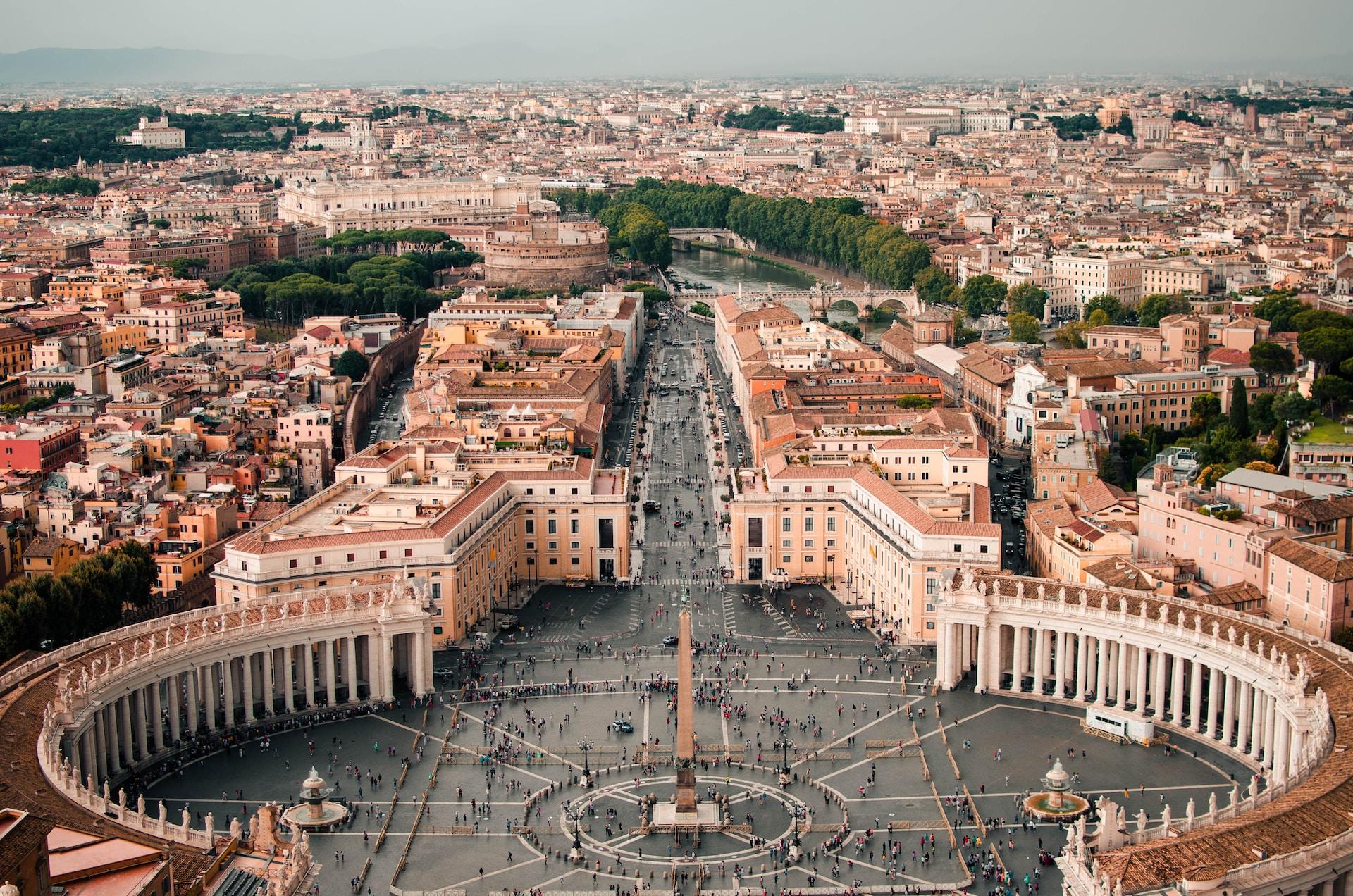Italian Family Culture and Traditional Values
We will be looking at the history of Italians, their influences and the important factors that define Italian culture today. This should help us more thoroughly understand Italian family culture and traditions.
Italian History
To fully understand Italian family culture and traditional values it is important to look more deeply into its past and find out who Italians are as a people.
Italy Prehistory
Excavations throughout Italy revealed a Neanderthal presence dating back to the Middle Paleolithic period which was some 200,000 years ago. Modern humans however appeared about 40,000 years ago in Northern Italy.
The early peoples of Northern Italy include the Ligures and Veneti who prospered in the region through the trade in amber and breeding horses. Another group, the Etruscans who resided in northern Italy since the early Iron Age would eventually found the city of Bologna. These peoples over time would migrate into Southern Italy.
Greeks
Around the 8th and 7th centuries BC Greeks began to arrive in southern Italy driven from their homelands due to famine, overcrowding and expulsion. Settlements developed in Sicily and the southernmost regions of Italy.
These Greek settlers found three major populations inhabiting the regions. These were the Ausones, Oenotrians and Iapyges. Relations between the settlers and the indigenous peoples were initially hostile but the Hellenic influence of the Greeks soon shaped their culture.
The Greek presence and influence was such that these southern regions were known by the Romans as Magna Graecia ("Great Greece"). Over time the Greeks and the Latin civilizations of the region began to meld more into one.
Romans
With the expansion of Rome in the form of a growing Roman empire much of southern Italy fell under their influence from 282 BC until the fall of the empire in the 3rd century AD.

Barbarians
The first wave of barbarian invasions, between AD 300 and 500, according to Greek and Latin historians put Germanic peoples in control of most areas of what was then the Western Roman Empire.
Following a clash with the Huns the Tervingi crossed the Danube into Roman territory in 376. Some time later on the Tervingi or a fusion of mainly Gothic groups eventually invaded Italy, sacking Rome in 410 before settling in Gaul. Around 460 they founded the Visigothic Kingdom in Iberia.
They were followed into Roman territory initially by a confederation of Herulian, Rugian, and Scirian warriors who under Odoacer, deposed Romulus Augustulus in 476. Some time later the Ostrogoths, led by Theodoric the Great, would follow and settle in Italy.
Language
The official language of Italy is unsurprisingly Italian although there are variations on the language depending where you are in the country. These regional variations of the language however are being gradually phased out due to government standardization and mass media.

Italy is also home to twelve significant minority languages spoken by populations from neighboring European states these are:
- Albanian
- Catalan
- German
- Greek
- Slovene
- Croatian
- French
- Franco-Provencal
- Friulian
- Ladin
- Occitan
- Sardinian
Religion
As you might imagine Italy, the home of Rome is a largely Roman catholic country although this is not the state religion as of 1985. Until 1985 Roman Catholicism was a state religion in Italy but it is no longer state-sanctioned.

Despite this Italy has the largest catholic community in Europe and has the fifth largest catholic population in the world. There are other much smaller religious groups in Italy which include:
- Orthodox Christians
- Pentecostals
- Evangelicals
- Jehovah’s Witnesses
- Seventh-Day Adventists
- Latter-Day Saints
- Baptists
- Lutherans
- Judaism
Interestingly though a minority Judaism has been present since Ancient Rome predating Christ’s birth and many of the countries other faiths.
Freedom of faith is important to Italy in fact the government devolves shares of collected income tax to recognized religious communities. Islam, although present, is not included in these payouts as no Muslim communities have signed a concordat with the Italian state.
Italian taxpayers who do not want their taxes going to a religion can choose instead for them to be shared with state welfare projects.
Family Culture
La famiglia (the family) is deeply important to Italians in fact it may be the most important aspect of their lives. They supply emotional and economic support and may even make up the bulk of a person's social circle.
Families tend to be large and very close knit, although family sizes are not as impressive as they were decades ago. The general feeling is that you protect the family, support them and always show one another respect.

Familial tradition places the parents as strong authority figures who must be obeyed in all things. In return parents and grandparents are deeply invested in their descendants' well being and lifestyle. The idea of putting an aged grandparent in a residential home moving them out away from family would be considered too disrespectful.
In Italy the Catholic faith is such a part of daily life that traditional gender roles are the norm. The man is the head of the household and the wife will tend to take care of the children. These roles are gradually changing but traditional beliefs are still strong in some regions.
Reputation
In Italian family culture the reputation of the family is often very important. A member of the family bringing shame upon the family or tarnishing the reputation may face consequences within the family. Particularly shameful things may be hidden at all costs from the outside world which even in these more modern times might include pregnancy outside of wedlock.
People of Italian descent all over the world may still hold to these traditional values of honor, reputation and respect for the family. Italian-Australians for example hold very tightly to the old traditions and family values.
Festivals
Italy has many nationally observed festivals, most of which surround religious festivals. There are also some with historical significance such as Liberation Day and Republic Day.
Final Thoughts
Italy is the home of Roman Catholicism and this means that traditional family values even today are what may be considered old fashioned.
Respect for the family and its elders is common and an expectation of maintaining the honor of the family is very important. Family drama is usually kept behind closed doors. The Italian family is often unified and ready to band together in protection of each other.
Link To or Reference This Page
We spent a lot of time downloading, cleaning, merging, and formatting the data that is shown on the site.
If you found the data or information on this page useful in your research, please use the tool below to properly cite or reference Name Census as the source. We appreciate your support!
-
<a href="https://namecensus.com/blog/italian-family-culture-and-traditional-values/">Italian Family Culture and Traditional Values</a>
-
"Italian Family Culture and Traditional Values". NameCensus.com. Accessed on May 8, 2024. https://namecensus.com/blog/italian-family-culture-and-traditional-values/.
-
"Italian Family Culture and Traditional Values". NameCensus.com, https://namecensus.com/blog/italian-family-culture-and-traditional-values/. Accessed 8 May, 2024
-
Italian Family Culture and Traditional Values. NameCensus.com. Retrieved from https://namecensus.com/blog/italian-family-culture-and-traditional-values/.
